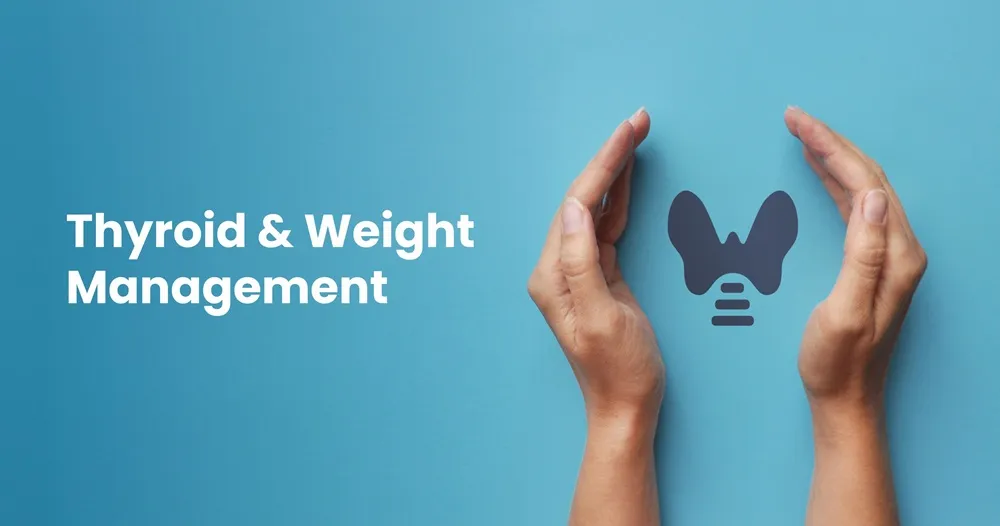Gestational Diabetes: Prevalence, Risks & Treatment
Nov 22, 2022

During pregnancy, some women may suffer from high blood sugar levels. This is known as gestational diabetes mellitus (GDM) or gestational diabetes. Gestational diabetes is most commonly diagnosed between the 24th and 28th week of pregnancy. In India, estimated prevalence rates for gestational diabetes range from 7% to more than 16%. (according to a research article published in BMC Pregnancy and Childbirth).
Gestational diabetes can harm both the mother and the baby. However, diabetes management through proper care and treatment can help safeguard you and your child.
Symptoms of Gestational Diabetes
Gestational diabetes usually has no symptoms, or the symptoms are pretty moderate, such as being thirstier than usual or the urge to urinate more frequently. Apart from these signs, you might also experience symptoms like fatigue, blurred vision and yeast infections.
Causes of Gestational Diabetes
One can also link gestational diabetes to pregnancy hormone changes that make the body's insulin management difficult. Human placental lactogen (hPL) and other hormones that increase insulin resistance affect the placenta and are responsible for sustaining the pregnancy. Gradually, as you progress in your pregnancy cycle, these hormones keep increasing, making your body resistant to insulin. Genes and excess weight may also be contributing factors to Gestational Diabetes.
insulin resistance affect the placenta and are responsible for sustaining the pregnancy. Gradually, as you progress in your pregnancy cycle, these hormones keep increasing, making your body resistant to insulin. Genes and excess weight may also be contributing factors to Gestational Diabetes.
Diagnosis
Your healthcare practitioner will screen you for gestational diabetes during the 24 and 28 weeks of pregnancy, comprising of a glucose challenge test and the oral glucose tolerance test (OGTT). If the glucose challenge test results demonstrate high blood glucose levels, you will be scheduled for an OGTT to confirm the diagnosis of gestational diabetes.
Treatment
Following a balanced diet and staying physically active are essential aspects of managing gestational diabetes. Mild physical activity also helps in alleviating the symptoms. If your diet and physical activities are insufficient to keep your blood glucose within the desired range, you may require insulin.
Post-Birth Care for Gestational Diabetes
Having gestational diabetes immediately puts your child at risk of obesity and type 2 diabetes. Maintaining a healthy weight, a healthy and nutritious diet and engaging in physical activities may reduce your and the child's chances of developing these conditions.
Key Takeaway
You can manage gestational diabetes after consulting your doctor and making dietary adjustments as per recommendation. You may also need sugar monitoring to help you manage gestational diabetes or, in some circumstances, insulin injections. Your blood sugar might return to normal after giving birth but may put you at higher risk of getting type 2 diabetes later.
Remember, help is right here for you. All you have to do is consult your healthcare provider and follow timely treatment to safeguard you and your child.
Related Blog Post
Blog Categories
- Child Health
- Mens Health
- Women's Health
- Mental Health
- Health Myths & Facts
- Fitness
- Nutrition/Recipes
- Remedies
- Weight Management
- Stress Management
- Health Supplements
- Addiction Management
- Disease Management
- Allergy
- Anemia
- Arthritis
- Asthma
- Autoimmune Diseases
- Blood Pressure
- Cancer
- Deficiencies
- Dengue/Malaria/Chikungunya
- Diabetes
- Eye Problems
- Heart Diseases
- Hepatitis
- HIV/AIDS/STD
- Hormonal Imbalance
- Infection/Flu/Viral
- Kidney
- Liver
- Menstrual Problems
- Pregnancy
- Skin & Hair Problems
- Stomach Ailments
- Thyroid
- Others
- Health Checkups
- Diagnostics/Pathology
- Lifestyle & Wellness
- Covid
- Medical Tests
- Cholesterol
- Health Tips
- Parent Care/Old Age
- Lungs
- Food Intolerance








